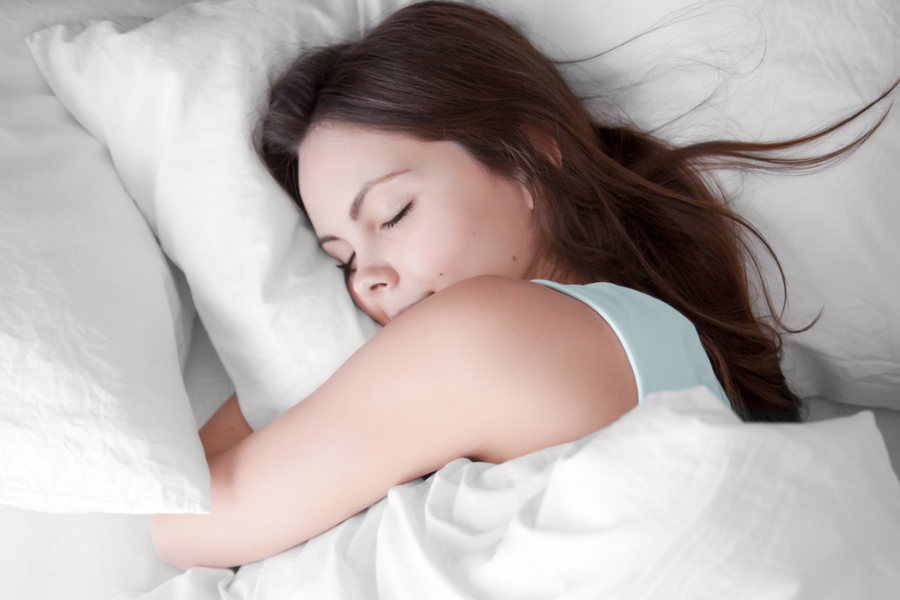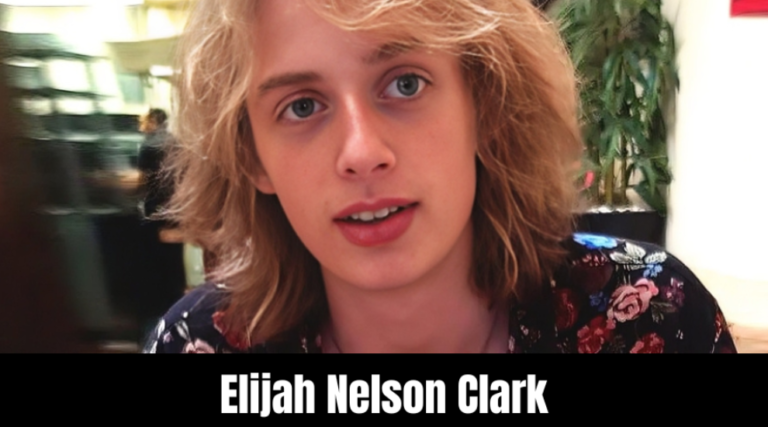Need Sleep: The Phenomenon Of “Need Sleep” Memes In Digital Culture
Need sleep? In the rapidly evolving landscape of social media, memes have become a vital part of how we communicate and share experiences. One particular category that has gained significant traction is the “Need Sleep” meme, characterized by its humorous yet relatable depiction of sleep deprivation. These 1080×1080 images resonate with many individuals, showcasing the all-too-familiar struggle of longing for more rest in a world that often demands constant vigilance and activity. The comedic nature of these memes allows them to spread quickly across platforms, connecting users through shared feelings of exhaustion.
Beyond their entertainment value, “Need Sleep” memes address a critical issue: the significance of sleep health. They serve as a reminder of the challenges posed by modern life, where the pressure to stay active can lead to neglecting one of our most essential needs—adequate sleep. By using humor to highlight the universal desire for rest, these memes can spark conversations about sleep hygiene and encourage individuals to prioritize their well-being. Just as we find comfort in the humor of these memes, they also have the potential to promote better sleep habits, ultimately leading to a healthier lifestyle for those who engage with this digital phenomenon.
The Science Behind Sleep: Understanding Its Importance And Stages
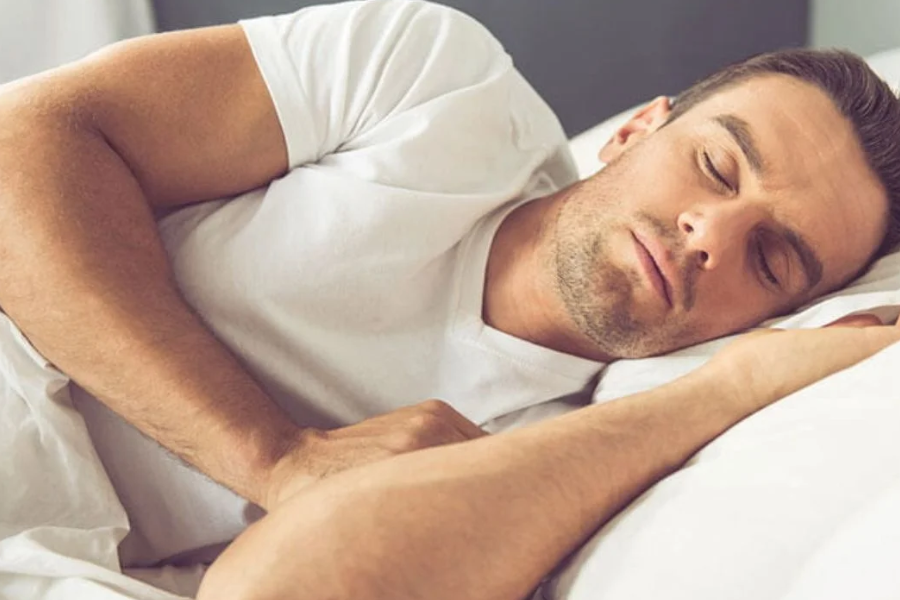
Sleep is essential for our overall health, encompassing more than simply closing our eyes and drifting off. It involves a complex cycle with various stages that play critical roles in physical and mental well-being. Recognizing the significance of these stages helps us appreciate the value of quality sleep. The sleep cycle comprises four main stages: Non-Rapid Eye Movement (NREM) sleep and Rapid Eye Movement (REM) sleep. The first three stages fall under NREM, while the fourth stage is REM.
Stage 1 is the lightest phase of sleep, lasting just a few minutes, during which the body relaxes, and theta waves begin to form in the brain. Stage 2, which constitutes approximately 50% of our total sleep, sees a decrease in heart rate and body temperature, with brain waves slowing down but occasionally featuring bursts called spindles. Stage 3 is known as deep or slow-wave sleep, crucial for physical restoration as it aids in tissue repair and strengthens the immune system. Emerging from this stage may leave you feeling drowsy. Finally, Stage 4, REM sleep, is marked by heightened brain activity and vivid dreaming, supporting cognitive functions like memory and learning. During REM sleep, the body undergoes a brief period of paralysis to stop individuals from physically acting out their dreams.
The Importance Of Sleep For Brain Function
Sleep plays a crucial role in maintaining optimal brain function and overall health. A sufficient amount of sleep is essential for “brain plasticity,” which refers to the brain’s ability to adapt and reorganize itself based on new information and experiences. When we don’t get enough sleep, our cognitive abilities suffer; it becomes challenging to process and retain what we’ve learned throughout the day. Research suggests that also aids in clearing waste products from brain cells, a process that is less effective during wakefulness. This indicates that quality is vital for cognitive health, memory retention, and overall mental clarity.
Impact of Sleep on Physical Health
The benefits of sleep extend beyond cognitive function; it significantly impacts our physical health as well. Insufficient can lead to a range of health issues, including increased risks of depression, seizures, high blood pressure, and migraines. Furthermore, lack of compromises the immune system, making individuals more susceptible to illnesses and infections. also influences metabolic processes; even one night of poor can disrupt glucose metabolism, potentially placing otherwise healthy individuals in a prediabetic state. As health expert Wu states, “There are many important connections between health and sleep,” underscoring the necessity of prioritizing to enhance both mental and physical well-being.
The Consequences Of Sleep Deprivation
Neglecting adequate sleep can lead to various detrimental effects on both body and mind. Chronic deprivation is associated with numerous health issues, including obesity, diabetes, cardiovascular diseases, and a weakened immune system. It can impair physical performance and slow down the recovery process from illness. Furthermore, deprivation impacts mental health, contributing to irritability, anxiety, and depression while impairing cognitive functions such as attention and decision-making. Over time, these effects can elevate the risk of developing mental health disorders.
In terms of productivity, insufficient rest hampers our ability to focus and solve problems, affecting performance at work or school and straining personal relationships. Achieving good health is vital, which encompasses not only the quantity but also its quality. Most adults require 7-9 hours of sleep each night, although individual needs can vary. Quality involves uninterrupted cycles that allow adequate time in each stage, particularly deep and REM sleep, to maximize restorative benefits.
Enhancing Sleep Quality
Improving quality can profoundly impact our health and well-being. Practical tips include establishing a consistent schedule by going to bed and waking up at the same time daily, even on weekends, which helps regulate the body’s internal clock. Creating a sleep-friendly environment is essential as well; keeping the bedroom cool, dark, and quiet, alongside investing in comfortable bedding, can significantly enhance quality. Practicing good hygiene is also important: avoid heavy meals and caffeine before bedtime, limit screen time in the evening, and engage in relaxing activities such as reading or taking a soothing bath to encourage a more restful night’s sleep.
The Rise Of “Need Sleep” Memes: A Cultural Phenomenon
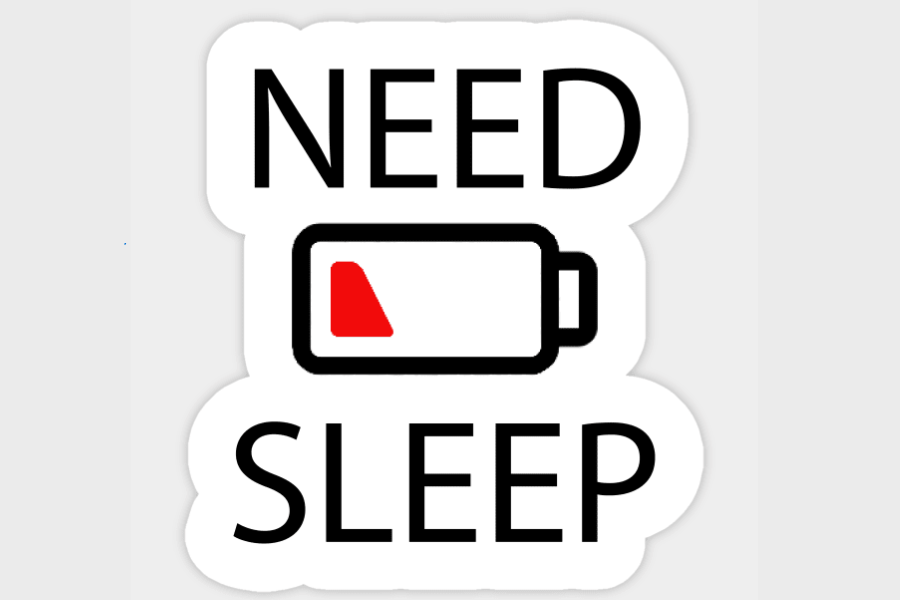
In recent years, “Need Sleep” memes have captured the attention of social media users, resonating with individuals who struggle to get enough rest. The popularity of these memes reflects a growing awareness of health issues in today’s fast-paced society. They humorously portray common struggles related to deprivation, allowing people to share their frustrations and experiences. The standard 1080×1080 pixel format has made these memes easy to share across platforms like Instagram and Facebook, creating a sense of community among those who relate to the content.
While entertaining, these “Need Sleep” memes also convey a vital message about the importance of prioritizing. They depict scenarios familiar to many, such as staying up late to finish work or battling fatigue throughout the day. By highlighting these experiences, the memes encourage individuals to acknowledge their needs and make positive changes to their habits.
Utilizing Memes For Health Awareness
Memes serve as powerful tools for raising awareness about essential health topics like sleep. Their widespread appeal and shareability make them effective in reaching diverse audiences. Memes can simplify complex information, presenting it in a relatable and accessible format. A humorous illustration depicting the consequences of deprivation quickly communicates the message that lack of sleep is harmful.
Health advocates can leverage memes to connect with individuals who may not engage with traditional health education methods, increasing awareness and prompting changes in habits. However, while memes offer valuable benefits, they also have limitations. They can oversimplify important information, risking the spread of misinformation if not based on accurate sources. Balancing humor with factual accuracy is crucial to ensure that “Need Sleep” memes effectively contribute to promoting healthy practices.
Creating And Sharing Memes To Promote Healthy Sleep
Creating and sharing memes that focus on healthy habits can be a playful and effective way to raise awareness about the importance of this. By tapping into the humor and relatability of struggles, these memes can engage audiences and encourage positive behavioral changes. Here are some tips to help you craft engaging sleep-themed memes.
Tips for Crafting Engaging Sleep Memes
Understand Your Audience: The first step in creating effective memes is to know who you’re targeting. Tailor your content to align with the preferences and interests of your audience, utilizing humor and cultural references that resonate with them. For instance, if your audience consists of college students, memes that reflect the late-night study grind or the consequences of sleep deprivation during exams might strike a chord.
Keep It Simple: The essence of a good meme lies in its simplicity. Ensure that your message is clear and easily digestible at a glance. Use straightforward language and avoid cluttering the image with excessive text, which can detract from the overall impact. A concise, witty caption alongside a relatable image is often the most effective approach.
Utilize High-Quality Images: The visual appeal of your memes can significantly influence their effectiveness. Opt for high-resolution images that enhance the message you wish to convey. The right imagery can capture attention and help communicate your message about the need to sleep more powerfully.
Strategies For Maximizing Impact And Reach
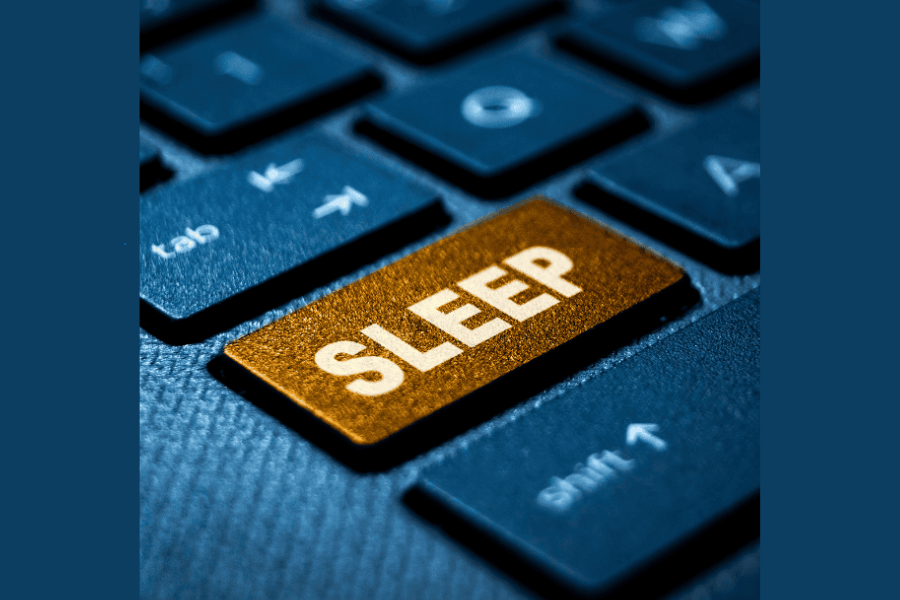
Once you have created your sleep health memes, sharing them effectively is crucial for maximizing their reach and impact. Here are some strategies to consider:
Harness the Power of Social Media: Platforms like Instagram, Facebook, and Twitter are ideal for sharing memes. Use relevant hashtags related to sleep health to increase visibility and engagement. This will help your memes reach a broader audience and foster discussions around the importance of sleep.
Collaborate with Influencers: Partnering with social media influencers who have a strong following in the health and wellness space can amplify your message. Influencers can help share your memes with their audience, broadening your reach and lending credibility to your message about the need for sleep.
Encourage User Participation: Engage your audience further by creating a meme contest or challenge centered around healthy sleep habits. This not only boosts engagement but also encourages users to create and share their health memes, generating a community-driven conversation around the topic. Such participation fosters a sense of ownership and investment in promoting better sleep practices.
By implementing these tips and strategies, you can effectively contribute to raising awareness about sleep health and inspire others to prioritize their need for sleep through engaging and humorous content.
FAQs about “Need Sleep” Memes and Sleep Health
1. What are “Need Sleep” memes?
Humorous images or captions that highlight the struggles of sleep deprivation resonate with individuals’ experiences of wanting more rest.
2. How do these memes promote sleep health?
They raise awareness about the importance of sleep by using humor to highlight common sleep challenges and encourage conversations about sleep hygiene.
3. Why is sleep important?
Sleep is crucial for physical and mental health, affecting immune function, mood, and cognitive abilities.
4. How can I improve my sleep quality?
Establish a consistent sleep schedule, create a comfortable environment, limit screen time, and engage in relaxing activities before bed.
5. Can memes effectively raise health awareness?
Yes, memes simplify health information and engage audiences, making important topics like sleep health more accessible and relatable.
6. What are the risks of sleep deprivation?
Chronic sleep deprivation can lead to obesity, cardiovascular issues, weakened immunity, and mental health disorders, while also affecting productivity and decision-making.
Conclusion
The rise of “Need Sleep” memes in digital culture highlights a critical conversation about sleep health in today’s fast-paced world. These relatable and humorous images not only entertain but also serve as a poignant reminder of the necessity of adequate rest. By engaging audiences through humor, these memes foster awareness and spark discussions about sleep hygiene, encouraging individuals to prioritize their well-being.
As we navigate the challenges of modern life, it’s essential to recognize the impact of sleep on our physical and mental health. By employing practical strategies to improve sleep quality and utilizing the power of memes to promote healthy sleep habits, we can create a more informed and health-conscious society. Ultimately, the combination of humor and knowledge can pave the way for healthier lifestyles, ensuring that we all acknowledge our need for sleep in a world that often seems to demand otherwise.
Stay in touch for more updates and alerts visit: Sabsastaa
